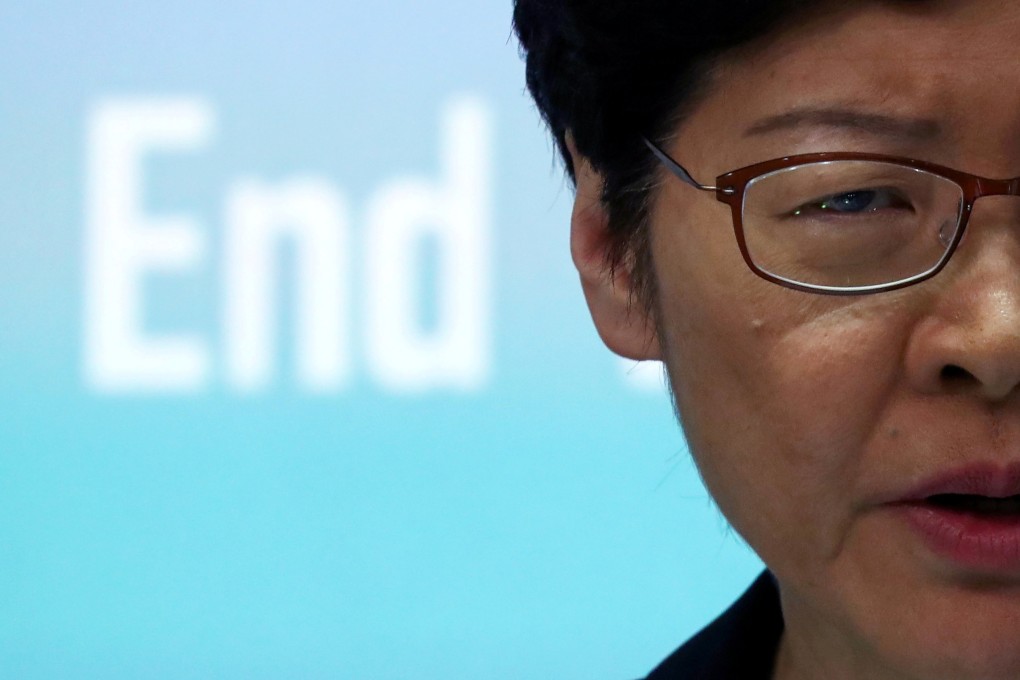Advertisement
Opinion | The administration that changed Hong Kong forever
- The violent protests over Carrie Lam’s ill-fated fugitive offenders bill, and Beijing’s subsequent measures to assert its overall jurisdiction have caused a sea change in Hong Kong
- The next chief executive bears the twin responsibilities of safeguarding national security and reviving global linkages and dynamism to recharge Hong Kong
Reading Time:4 minutes
Why you can trust SCMP
34

Five years ago, amid much fanfare about an intense, three-way contest for Hong Kong’s chief executive post, Carrie Lam Cheng Yuet-ngor, a veteran civil servant, was elected with 777 out of a total of 1,194 votes.
Advertisement
Lam’s campaign slogan was “We Connect”. After the bitter strife over the pace of Hong Kong’s political reform and the “Occupy” movement which paralysed the city for 79 days in late 2014, there were high hopes of a new chief executive who could heal the rift and bring rival factions together.
Beijing’s preference for a candidate with proven administrative ability and policy continuity was obvious, as two out of four chief executives thus far came from the elite administrative cadre of the Hong Kong civil service.
Strong administrative capabilities are a plus, but also a double-edged sword. Skill in manipulating the bureaucratic system gave Lam an edge when it came to using ploys like setting up a task force or a statutory committee of inquiry to keep controversial issues on the back burner or deflect pressure.
Yet there is only so much such bureaucratic tricks can do to kick the can down the road. If efforts are not made to find real solutions to worsening problems, such as deteriorating housing conditions, youth discontent and the underlying ideological divide, cosmetic measures that merely offer a veneer of harmony are bound to backfire.
Advertisement
The moment of truth came in the summer of 2019. For reasons best known to Lam, in early 2019, she threw her habitual caution to the wind and launched a controversial bill that would have allowed fugitive offenders to be sent to mainland China, as well as Macau and Taiwan, for trial.

Advertisement
